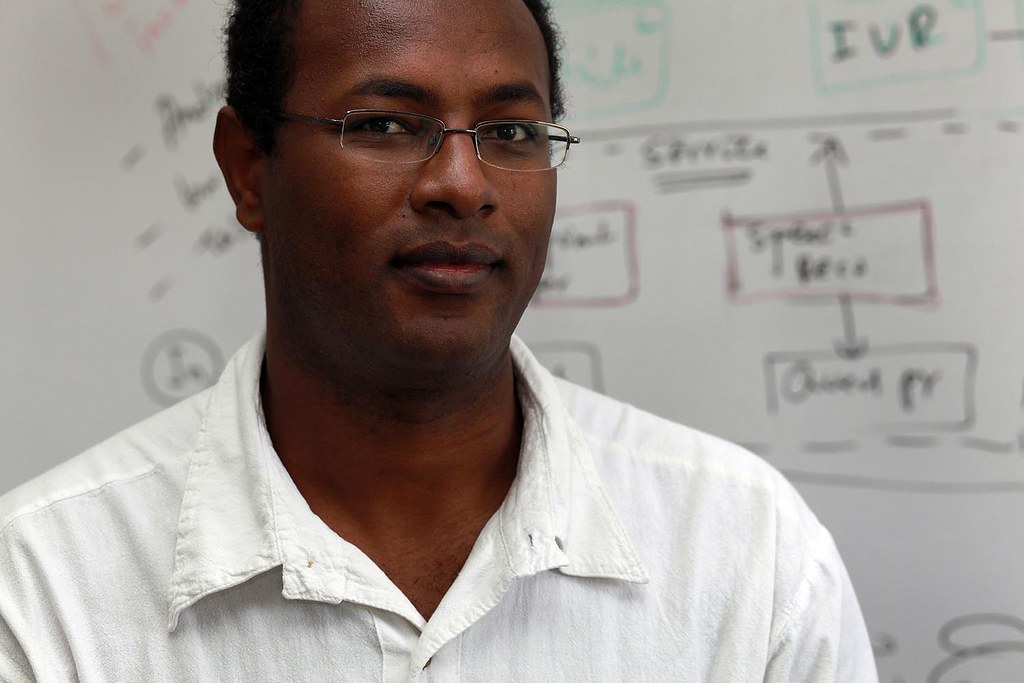PML4DC @ ICLR 2020
Practical ML for Developing Countries: learning under limited/low resource scenarios
The constant progress being made in artificial intelligence needs to extend across borders if we are to democratize AI in developing countries. Adapting the state-of-the-art (SOTA) methods to resource constrained environments such as developing countries, is challenging in practice. Recent breakthroughs in natural language processing (NLP), for instance, rely on increasingly complex and large models (e.g. most models based on transformers such as BERT, VilBERT, ALBERT, and GPT-2) that are pre-trained on large corpus of unlabeled data. In most developing countries, low/limited resources makes the adoption of these breakthroughs harder. Methods such as transfer learning will not fully solve the problem either due to bias in pre-training datasets that do not reflect real test cases in developing countries as well as the prohibitive cost of fine-tuning these large models. This in turn, hinders the democratization of AI.
At this workshop, we aim to fill the gap by bringing together researchers, experts, policy makers, and related stakeholders under the umbrella of practical ML for developing countries. The workshop is geared towards fostering collaborations and soliciting submissions under the broader theme of practical aspects of implementing machine learning (ML) solutions for problems in developing countries. We specifically encourage contributions that highlight challenges of learning under limited or low resource environments that are typical in developing countries.
Keynote Speakers
Panelists
Commitment to Diversity
We expect the workshop topic areas would attract a wide range of participants such as ML researchers, industry professionals, government stakeholders, policymakers, healthcare workers, social scientists, and educators. We believe the focus on practical solutions for developing countries coincides well with the historic first time a major machine learning conference is being held in Africa. This will help attract a large pool of local talent that are directly affected by the problem this workshop addresses. With most of the organizers of the workshop having previous experience in organizing diversity and inclusion workshops such as Black in AI and the Deep Learning Indaba, utmost effort has been made to attract a diverse (gender, geography, background) group of presenters and participants.






